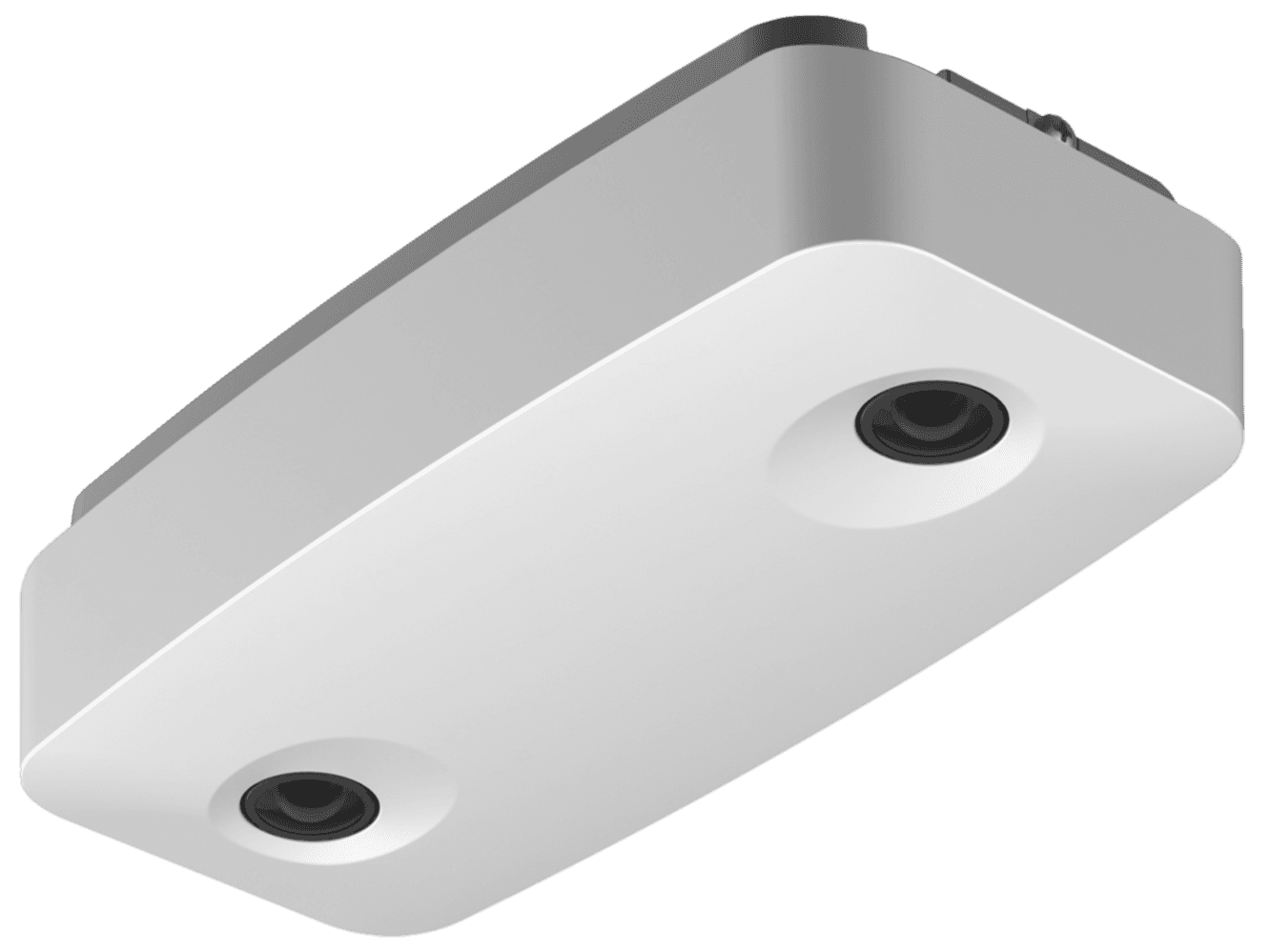5 Sales Training Tips for Your Store Staff

On this page
Retail sales training is a complex process that aims to train store associates to engage and build rapport with shoppers, foster trust, and demonstrate the features and benefits of products. Sales associates should be able to compare different products and to explain the value of products so that shoppers can understand why these products are worth their price. Obviously, your retail staff should also close sales.
There are many different training programs for different kinds of products, including software, real estate, insurance, cars, etc. However, retail sales training is different. The main difference is that many products have sales cycles that might take a few weeks or even months. In contrast, retail shopping usually takes about 20 minutes. Retail is associated with short transactions. There is often just one decision-maker and single store visit.
When people want to purchase software, they usually sign up for a free trial, which allows salespeople to start learning a lot about them, such as reviewing their social media posts. Retail salespeople don't have such an opportunity. In many instances, they don't know who they're dealing with, or the needs and preferences of their shoppers. This is the reason why retail sales training is extremely important. Below are some employee training tips that will help you.
1. Hire People with the Right Attitude and Train Them
First, it's important to understand that the success of training depends not only on your training program but also on the attitude of your staff. If you hire nice people, you'll be able to train them and turn them into effective salespeople. However, you cannot hire people who know sales and then try to teach them to be nice.
I recommend you hire your associates carefully, choosing candidates who demonstrate the right attitude. If you hire positive people who share your brand's values, it will be much easier for you to train them and to help them develop the necessary skills to be successful. Conduct group interviews and assess the way different candidates interact with one another. After this, you may also use personality assessments to better understand their character traits.
2. Create Personalized Training Programs
I recommend you learn more about each particular employee so that you can offer the most effective training possible. All people learn differently. Some people are visual learners, so it's easier for them to relate to pictures, infographics, and charts. Others might benefit from studying textual materials or trying their new knowledge in practice.
You should also get to know your employees because it will help you motivate them in the right way. It's much easier to train employees when you know their motivations and interests. For instance, if you know their interests, you can come up with analogies that will be familiar to them.
3. Practice Role-Playing
Role-playing is a very effective approach because it helps employees use their new knowledge immediately. Besides, role-playing is a great choice for those who work in sales because their success to a large extent depends on effective communication. Practice and repetition help people sharpen their skills and put their knowledge to use. Here is what you should know about role-playing.
You Don't Have to Involve the Entire Team. When the whole sales team participates, it can create pressure. You can use role-playing in personal coaching sessions. You can train your staff members individually, with no judgment.
Don't Be Too Formal. Look at how your staff behaves on the sales floor and re-enact some conversations with difficult clients. Include casual re-enactments in your daily routine.
Practice the Good and the Bad. Sometimes, it might be much easier to explain what to do if you demonstrate what your staff shouldn't do. It's also fun, so this approach will help you create a friendly atmosphere.
Start Shifts with Role-Playing. You can start the day with some scenarios that will help your employees focus on sales. Your employees might also master one skill every day.
4. Enforce Policies but Let Your Employees Be Creative
When training employees, you should have some policies that can regulate the training process. You need rules to create a consistent training process. However, you shouldn't forget to empower your employees sometimes so that they can use their creativity. For example, when teaching employees to operate devices or equipment, having step-by-step instructions is probably the best solution. In contrast, when teaching them to talk to customers, you can let them try their own approaches.
I recommend you look at the different aspects of your business and figure out where strict rules are actually necessary. For instance, when it comes to customer satisfaction, it's especially important to teach your staff to engage with each and every shopper, choosing an individual approach and making sure their suggestions actually correspond to the shopper's needs and preferences
5. Use Modular Training
Running a retail business is very time-consuming. If you or your staff don't have enough time for training sessions, you can implement modular training. This method implies offering short training segments that are easy to digest. This approach is much more flexible than long sessions. Scheduling is often a difficult task for those who want to train their employees, and modular training solves this problem, as well as the problem associated with the cost of including staff that isn't scheduled when training sessions take place.
Modular training usually includes multiple sequential modules so that people can start the training process at the level that corresponds to their knowledge and skills. Every module also focuses on a particular topic. Employees can work on modules whenever they want, adjusting the training process to their schedule and choosing their own pace. Some of them might also want to work on several modules at once, training different skills.
Final Thoughts
Retail sales training is a complex process that will help your employees not only present your brand and its products in the right way but also build trust and motivate potential customers to purchase something. Your retail staff often doesn't have much time to learn something about their customers, so they should be able to engage with shoppers on the spot, quickly searching for the best options that would meet their shoppers' needs and preferences.
Employ our tips and you will see that proper employee training can work wonders, increasing your revenue and making your business more attractive for potential customers.
About the writer: Rhonda Martinez is a marketer, educator and copywriter for LegitWritingServices, providing content writing services for companies in the education sector. She is passionate about writing effective copy and helping businesses grow.
Join the #retail, #ConnectedJourney and #SmartStore conversations on Twitter at @RetailNext, as well as at www.facebook.com/retailnext.
About the author:

Rhonda Martinez, LegitWritingServices



